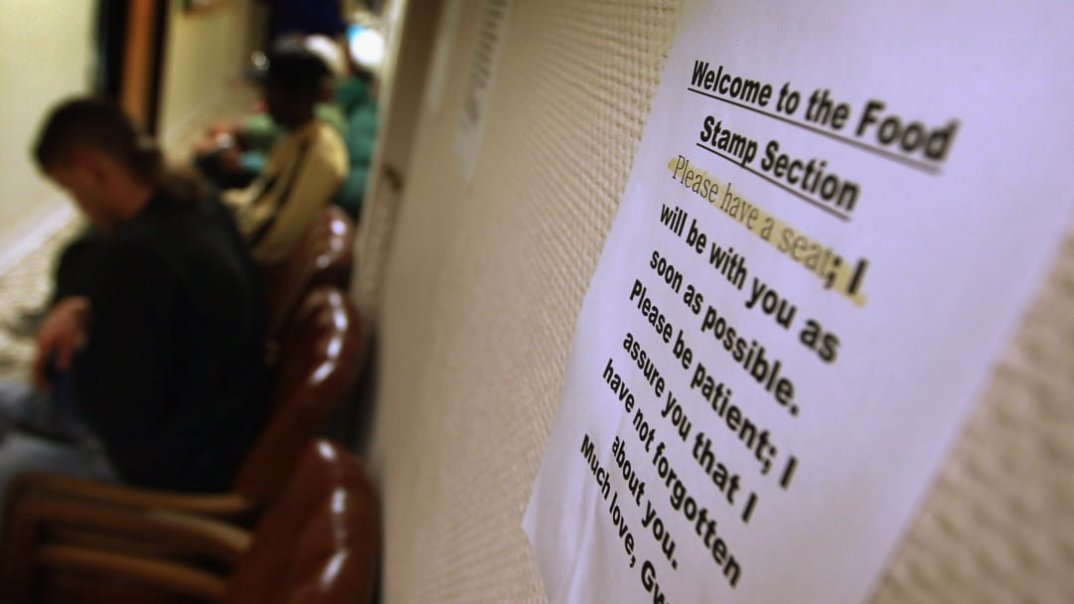Half of America is straight up broke: study

The unemployment rate fell below 4 percent in April for the first time since 2000, but a recent study revealed that nearly half of American households cannot afford housing, food, health care, transportation and other basic necessities.
Forty-three percent of American households (nearly 51 million) are struggling to pay their monthly bills, according to a study released Thursday by the United Way ALICE Project.
According to the ALICE (Asset Limited, Income Constrained, Employed) data, 16.1 million American households and 34.7 million families are living in poverty.
“Despite seemingly positive economic signs, the ALICE data shows that financial hardship is still a pervasive problem,” said Stephanie Hoopes, the project’s director, told CNN Money.
An expected car repair, medical bill or prescription drug can be detrimental to already struggling families, according to ALICE’s official website. The project seeks to raise awareness around the needs of struggling families and aims to provide ALICE families with some financial stability.
California, New Mexico and Hawaii have the largest percentage of struggling families, at 49 percent, while North Dakota has the lowest, at 32 percent.
READ MORE: Study claims Black men hold Black women back, but seems like salt in the wound.
Factors include little to no savings and low-paying jobs, including office assistants, store clerks, child care workers and home health aides. The study notes that 66 percent of U.S. jobs pay less than $20 an hour.
In 2016, for instance, a family of four living in Seattle’s King County needed to earn nearly $85,000 annually to survive, which required an hourly wage of $42.46. However, less than 20 percent of Washington State’s jobs pay more than $40 per hour.
READ MORE: Mike Pence uses old stats to claim Black unemployment is still at record low
On Tuesday, the Seattle City Council unanimously passed a controversial proposal taxing big businesses. The tax, which doesn’t take effect until January 2019, will go toward providing emergency services for the homeless and building affordable housing for families.
